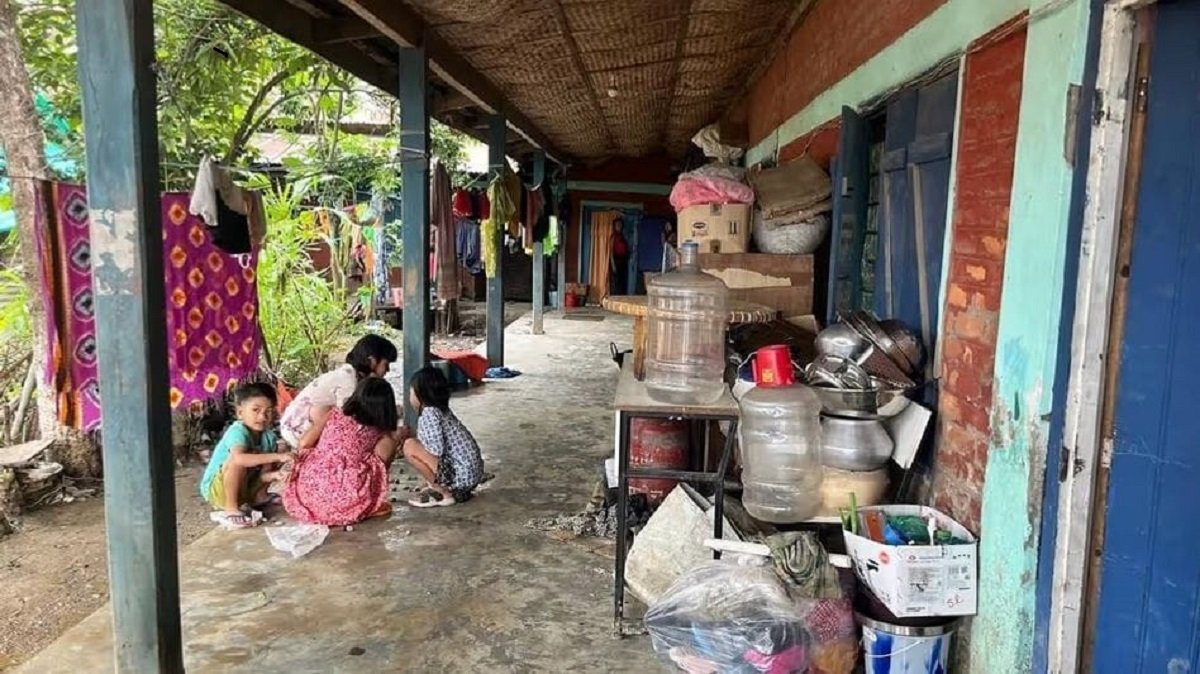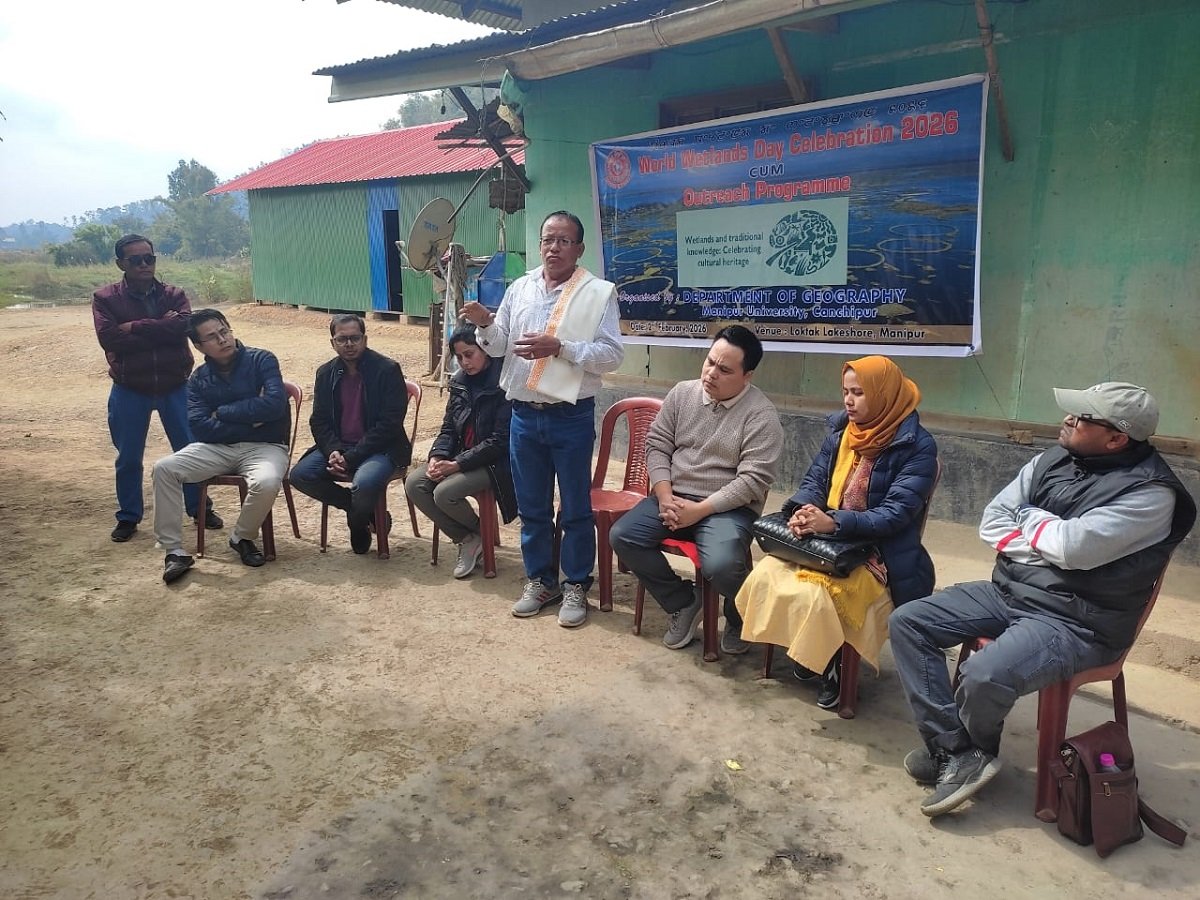The Manipur government has issued an immediate ban on two cough syrup brands — Relife and Resipfresh TR — after laboratory tests confirmed the presence of diethylene glycol, a highly toxic industrial chemical that poses serious health risks if consumed. The ban was announced following a report from the Madhya Pradesh Government Drug Testing Laboratory, which detected contamination in samples collected from the market. In an official notification, the Directorate of Health Services, Government of Manipur, directed all pharmacies, distributors, and retailers across the state to stop selling and stocking the two products with immediate effect. The order further instructed traders to remove the cough syrups from shelves and return them to suppliers for disposal in accordance with pharmaceutical waste guidelines.
According to the public alert, the contaminated syrups were manufactured in Gujarat and distributed in several parts of India, including the Northeast. Health officials said that diethylene glycol, often used as an industrial solvent or antifreeze agent, is not safe for human consumption and can cause acute kidney failure, central nervous system damage, and even death if ingested in sufficient quantity. “The sale and consumption of Relife and Resipfresh TR are strictly prohibited in Manipur,” stated the Drugs Control Administration. “All pharmaceutical outlets must comply with the directive and report confirmation of withdrawal immediately.” Following the ban, the state health authorities have intensified inspections at pharmacies, hospitals, and private clinics to ensure the products are not being sold. Officials are also tracing the distribution network to determine whether other consignments have entered Manipur through wholesale dealers.
Doctors and medical practitioners have been urged to exercise heightened vigilance while diagnosing patients with symptoms consistent with diethylene glycol poisoning, such as vomiting, abdominal pain, dizziness, or signs of renal distress. “Early detection and supportive treatment can be lifesaving in such cases,” said a senior health official from the Directorate of Health Services.





